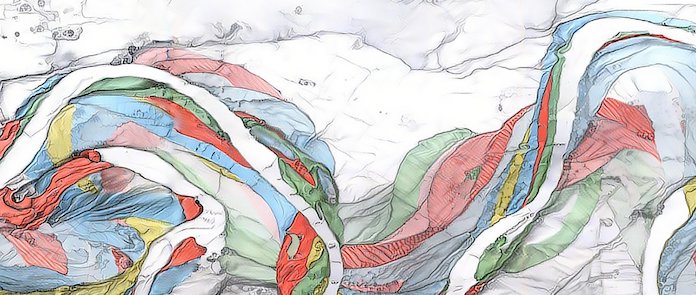SamuraiJack
Member
- Joined
- Sep 8, 2019
- Messages
- 184
Yes, I've been so grateful for that benefit, most important one for me. To have suffered blood sugar swings for the past couple odd years and having it pretty much cured? it's a true blessing.I experienced many of these same things as well. The steadier blood sugar/insulin control has been a huge benefit for me.
I too am wondering why starch is so detrimental to some of us. I have a hunch that thickeners like carrageenan and gum additives cause permanent damage to the digestive tract, causing increased permeability and allowing presorption to happen at a higher rate than would ordinarily occur. Couple that with getting bottle fed and/or a cesarean birth and the stage is set for a person to acquire some degree of dysbiosis (and therefore endotoxin). Later in life, the accumulation of other environmental stressors, plus possibly genetic predispositions, would lead to full on bowel inflammation and systemic effects. I suppose the ones who have less stress and/or more resilience can continue to eat starches with no problems.
Yes i agree. Makes sense. I'm aware of gums causing gut damage and possibly adding to the leaky gut situation. For sure, formula fed babies have such an unfortunate, bad start to life. Could definitely have caused the beginnings to a leaky gut. I believe a gut infested with bad bacteria, yeast even endotoxin could be causing the inflammation in the gut, leading to leaky gut, food insensitives etc.
Healing my own was a huge part of my life at the start of this year.
I think removing starch has taken us to a higher degree of healing. Individuals who can handle gluten, starch etc with no issues at an older age must have had a great, healthy upbringing, with aware parents.

